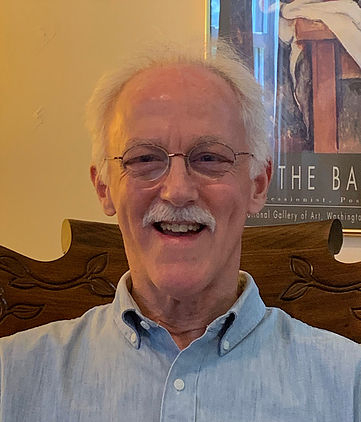
Bob Denison
Everything you wanted to know about coping with the holidays but were afraid to ask
Please join our guest speaker, Bob Denison, LCSW-C of Chester River Behavioral Health in exploring many of the issues we face during the holidays.
Thursday, December 5, 2019 at 11:00 a.m. in the Chestertown Town Hall, 2 nd Floor, 118 N. Cross Street, Chestertown, MD 21620
There will be a time for questions and answers about expectations, traditions and relationships. All ages experience stress, but each handles it differently. Are our wishes realistic? Do we communicate our needs and reasons for our choices? These and other items will be open for discussion.
The talk is free and open to the public. Please make a reservation by contacting Karen Wright at 443-480-0940 or email at [email protected]
We hope to have you join us and to help you approach the holidays with all of our best wishes.




 and a great time to take care of your heart. The heart beats approximately 100,000 times a day to pump blood through the 60,000 miles of blood vessels. Just like other parts of the body the cardiovascular system is made stronger and more efficient with healthy behaviors like exercise and healthy eating and is negatively affected by unhealthy lifestyle choices like a sedentary lifestyle, smoking and poor eating habits. Just like the rest of the body the cardiovascular system experiences age related changes resulting in less efficient blood flow and greater risk of cardiovascular disease. The National Institute on Aging reported that 40% of all deaths in people between 65 and 74 are related to heart disease and 60% of deaths in people over 85 are related to heart disease
and a great time to take care of your heart. The heart beats approximately 100,000 times a day to pump blood through the 60,000 miles of blood vessels. Just like other parts of the body the cardiovascular system is made stronger and more efficient with healthy behaviors like exercise and healthy eating and is negatively affected by unhealthy lifestyle choices like a sedentary lifestyle, smoking and poor eating habits. Just like the rest of the body the cardiovascular system experiences age related changes resulting in less efficient blood flow and greater risk of cardiovascular disease. The National Institute on Aging reported that 40% of all deaths in people between 65 and 74 are related to heart disease and 60% of deaths in people over 85 are related to heart disease